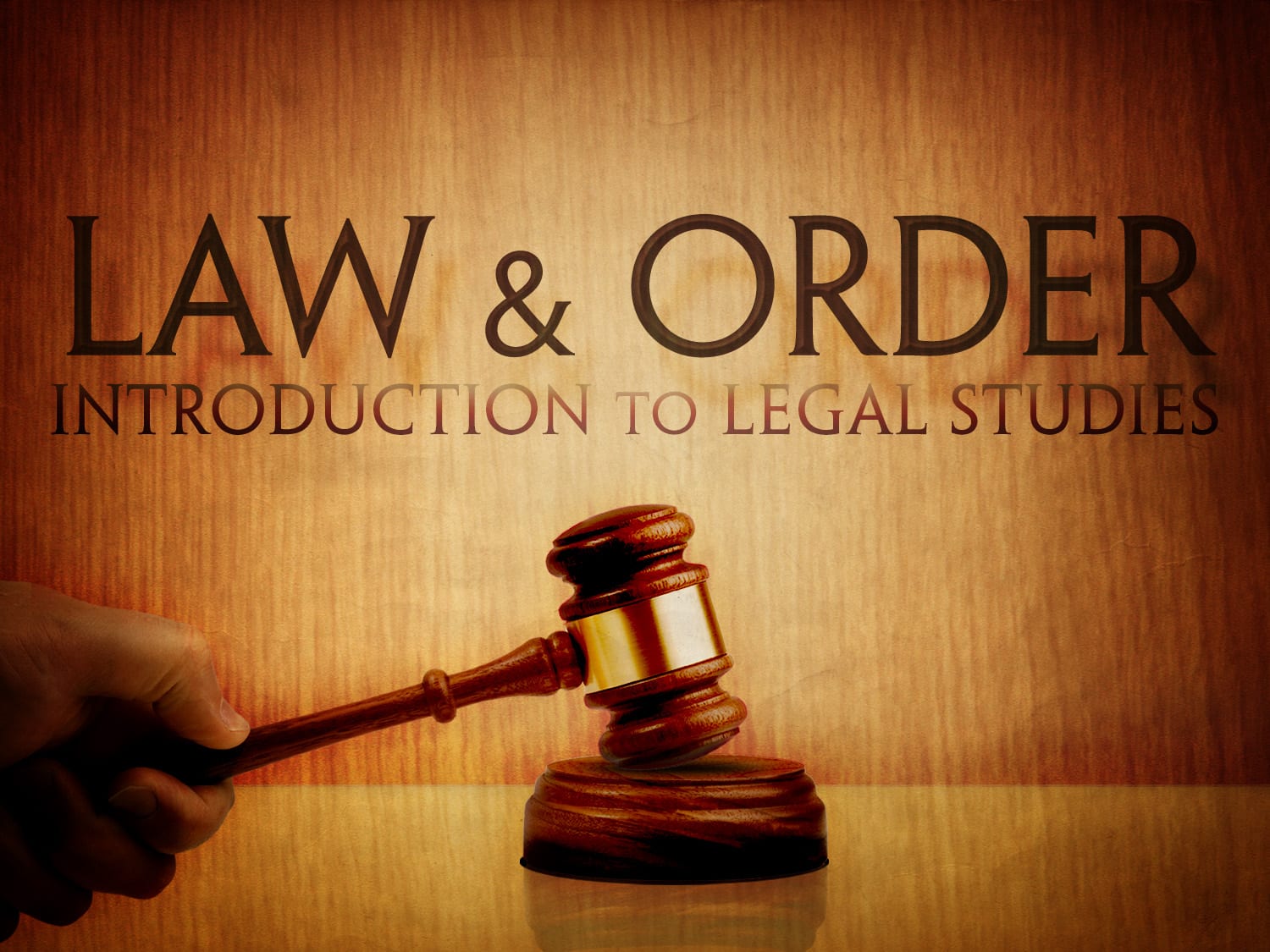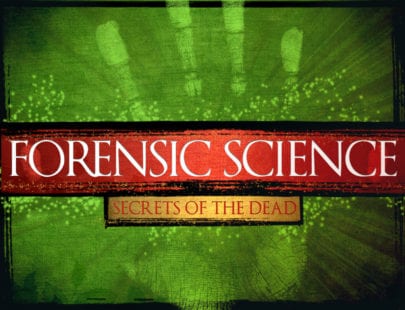
Law & Order: Introduction to Legal Studies
Imagine if there were no laws and people could do anything they wanted. Every society needs some form of regulation to ensure peace in our daily lives and in the broader areas of business, family disputes, traffic violations, and the protection of children. Explore the importance of laws and how their application affects us as individuals and communities. Through understanding the court system and how laws are actually enacted, you’ll learn to appreciate the larger legal process and how it safeguards us all.
Units at a Glance
Unit 1: The World of Law & Ethics
We, as human beings, act in predictable ways most of the time: we follow laws, make choices, and go about our daily lives facing many problems and dilemmas. Yet, how do we make the best choices and what factors into our decisions? Some actions, like stealing or kidnapping, are obviously illegal: our laws forbid them. Other actions, like whether to tell a salesperson if they give us too much change back, are less obvious. The system of laws in the United States gives its citizens the tools they need to make decisions in their daily lives and helps to ensure everyone can, for the most part, live and interact peacefully with each other. It is therefore helpful when citizens are informed about the laws that govern their state and country.
This unit focuses on the formation of the United States government, with a specific emphasis on the ideals and documents that shaped our nation. You’ll also learn about how each of the three branches of government work together to create, enforce, and interpret our nation’s laws.
What will you learn in this unit?
- Evaluate various ethical decision-making models
- Understand the importance of laws and how law differs from ethics
- Explore the history of the US legal system
- Discuss the founding documents of the United States and the ideals on which they are based
- Describe the structure, function, and processes of the three branches of government
Unit 2: The History of Law
The laws of a particular society are created (or abolished) based on the events occurring at a particular time and issues that are important to voters. When we observe these trends after many years have passed, we can use historical research methods, including primary and secondary sources, to investigate how historical events influenced the formation of important laws in the United States.
This unit focuses on the sources we use to investigate history and the history of law. You will also learn about how law influences individual identity in society.
What will you learn in this unit?
- Identify the two main types of historical sources
- Outline the six steps of the GATHER method of historical research
- Determine which types of sources are appropriate for different stages of the research process
- Recognize how historical events (and the interpretation of those events) affect the formation of laws
- Follow the timeline of women’s suffrage in the United States
- Analyze how law and history shape individual ide
Unit 3: The Lawmaking Process
Laws govern our behavior, yet, where do they come from? Without some guidelines for the creation of a new rule, how can there ever be a unified code of behavior? In this unit, we will examine the evolution of laws and how they can be challenged or upheld. In doing so, we’ll investigate what roles Congress, the courts, the President, and the average citizen play in the forming of laws. We’ll also find out who has the final say and learn about landmark cases that affect the rights of high school students across the country.
What will you learn in this unit?
- Discuss how a new law is made
- Understand how a law moves through Congress
- List the key players in law formation
- Describe how a court can affect a law
- Identify how laws are changed
Unit 4: A Look Inside Our Courts
Laws govern our behaviors, but we don’t always follow them. We may drive over the speed limit, take something that isn’t ours, or do damage to someone else’s property. When we don’t follow the laws in society, we are committing a crime. We may then come to the attention of the criminal justice system. Sometimes, though, we get in disputes with other individuals that don’t involve criminal activity. These disputes can be resolved through the civil court system. In this unit, you’ll learn about the steps within each system, the important people involved, and the ways in which cases are resolve
What will you learn in this unit?
- Explore the parts and purposes of the state court system
- Examine the parts and purposes of the federal court system
- Identify the people involved in a court case
- Discover the possible outcomes of a court case
Unit 5: Civil & Criminal Cases
The US criminal justice system has very clear rules that citizens need to follow. When there are disputes about these laws, or individuals violate these rules, they may find themselves involved in a civil or criminal case. What happens during the course of civil and criminal cases? In this unit, you will learn about the people involved in civil and criminal cases and the processes for each type of trial.
What will you learn in this unit?
- Identify the timeline of a civil trial
- Describe the purpose of the US criminal justice system
- Understand the different types of crimes
- Identify the timeline of a criminal trial
- Review the different types of evidence
- Understand the various outcomes of a criminal trial
Unit 6: Bill of Rights
We all have rights as citizens of the United States of America, but what are they and where do they come from? This unit focuses on the rights of Americans, including the right to free speech, free press, and privacy. You’ll also learn about the history and the practical applications of these rights..
What will you learn in this unit?
- Understand each of the rights outlined in the US Bill of Rights
- Discuss the applications of the First Amendment
- Recognize the concept of free press and its regulations
- Be familiar with landmark cases involved in the freedom of speech
- Identify the difference between defamation, libel, and slander
Unit 7: International Law & Civil Rights
While the United States Constitution gives citizens certain rights, there are also international standards that protect people around the world. But where did these documents come from, and how did these rights come to be? In this unit, you will learn about the history of the United Nations and the rights outlined in the primary sources that were integral to the UN’s inception. We will also travel through a timeline of civil rights in the United States.
What will you learn in this unit?
- Discuss the history of the United Nations
- Understand the effect that World War I and World War II had on the development of standardized human rights
- Identify the rights outlined in the primary sources that surrounded the birth of the UN
- Trace the history of the civil rights movement in the United States
- Describe the origin and function of the International Criminal Court
Unit 8: Consumer Law
People like to buy things and by doing so they contribute to the stability of the economy. But what is the economy, and what makes it stable or unstable? In this unit, you’ll learn what the economy is, the role consumers play in it, and their rights and responsibilities. We’ll discuss some of the major aspects of an economy and what protections exist for individuals. Finally, the unit includes information on contracts, warranties, buying automobiles, and using credit cards.
What will you learn in this unit?
- Understand how a consumer interacts within the market
- Determine the purpose and reason behind the Federal Trade Commission
- Describe what consumers are entitled to and what they should give back to the market
- Explain the different warranties and how they can affect a consumer’s purchase
Required Materials
Software
- Word processing software

